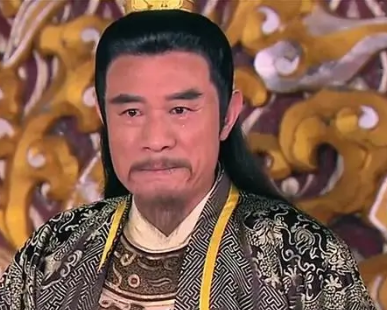Ou Yangxiu, a famous literary figure and politician in the Northern Song Dynasty, was praised as one of the "Four Great Literary Masters". His life was full of legendary colors, and his attitude towards Buddhism also experienced a process from doubt to acceptance. This article will focus on Ou Yangxiu's attitude towards Buddhism and explore the reasons behind it.

I. Ou Yangxiu's Doubt of Buddhism in His Early Years
When Ou Yangxiu was young, he held skeptical views towards Buddhism. He believed that Buddhist teachings were illusory and contradicted with traditional moral concepts such as loyalty and filial piety of Confucianism. In addition, he also thought that Buddhist monks were too abstract and did not pay attention to practical matters, which was not beneficial to society and the country. Therefore, in his early works, there were many derogatory words about Buddhism.
II. Ou Yangxiu's Contact and Reflection on Buddhism in His Middle Age
As he grew older, Ou Yangxiu began to have more contact with Buddhist scriptures and monks. He found that Buddhism was not completely illusory and contained many beneficial philosophical thoughts. At the same time, he also recognized the influence of Buddhism on Chinese culture in history and its positive role in social education. Therefore, he began to have a certain sense of identity towards Buddhism.
III. Ou Yangxiu's Acceptance and Belief in Buddhism in His Later Years
In his later years, Ou Yangxiu's attitude towards Buddhism underwent a fundamental change. He began to delve into Buddhist scriptures, exchange ideas with monks, and even participate in Buddhist activities himself. In his later works, there were frequent praises for Buddhism. He believed that Buddhist concepts such as karma and compassion had positive guiding significance for personal self-cultivation and social harmony. Therefore, he eventually became a devout Buddhist believer.
IV. Conclusion
Ou Yangxiu's attitude towards Buddhism varied greatly, mainly because his understanding and perception of Buddhism changed at different stages. From initial doubt and exclusion to later contact and reflection, and finally to acceptance and belief, this process reflected Ou Yangxiu's continuous quest for knowledge and brave spirit of change. At the same time, it also showed that Buddhism, as a religious culture, had inclusiveness and influence, and could resonate with different historical periods and groups of people.
Disclaimer: The above content is sourced from the internet and the copyright belongs to the original author. If there is any infringement of your original copyright, please inform us and we will delete the relevant content as soon as possible.































